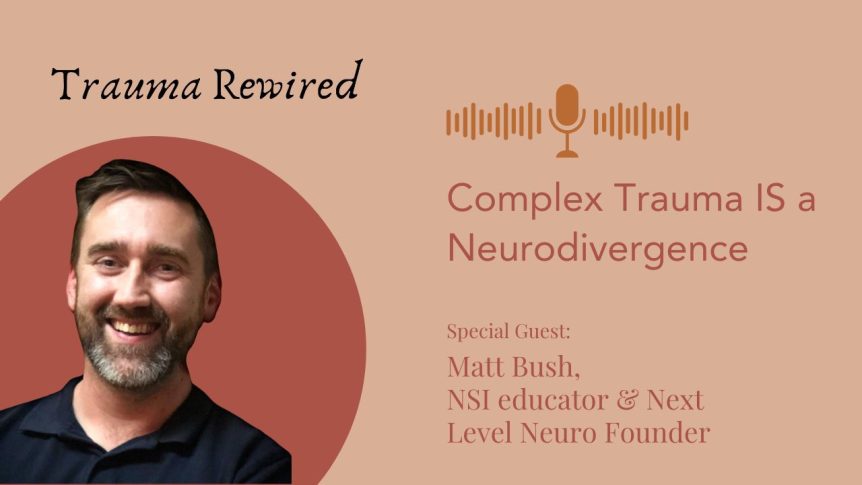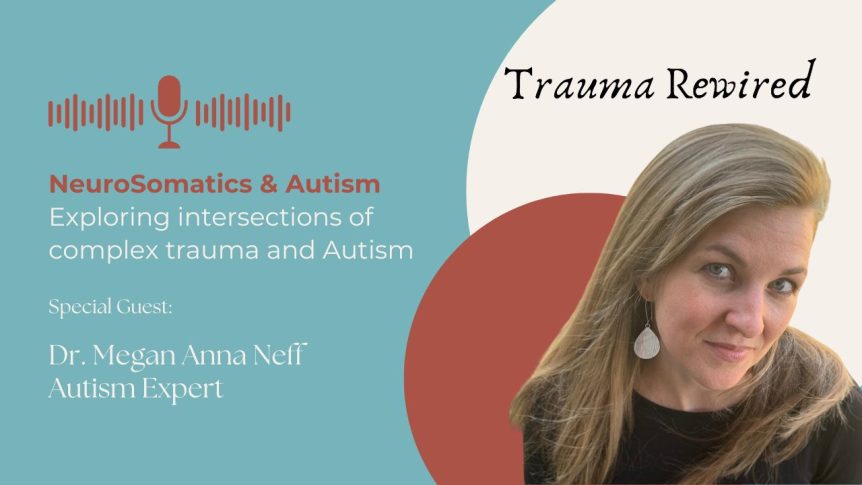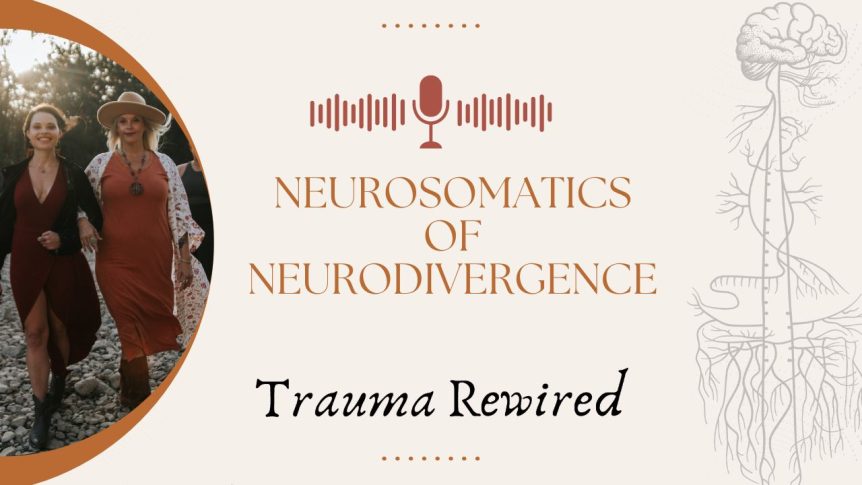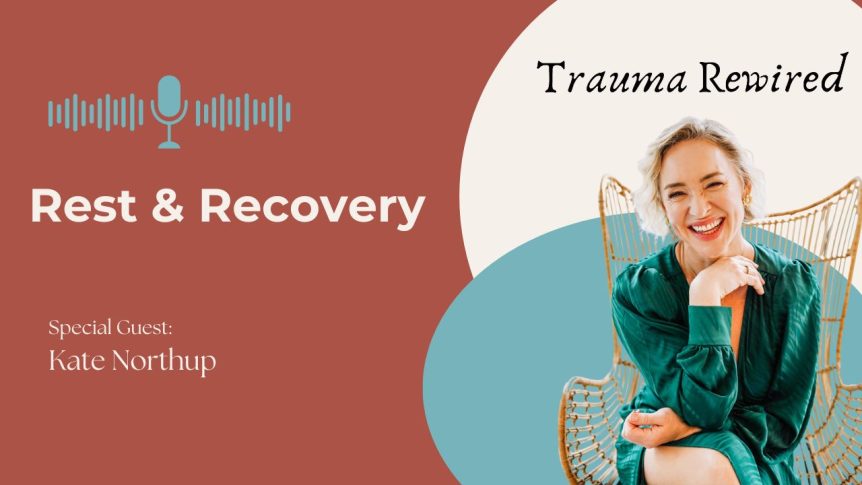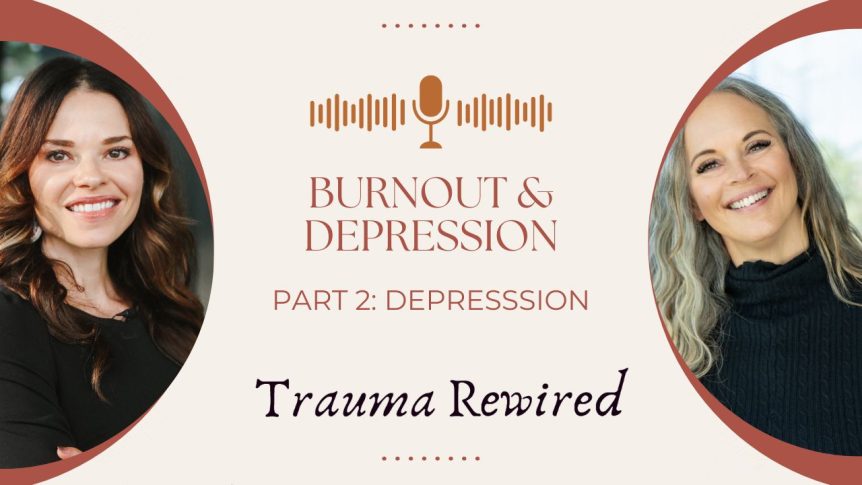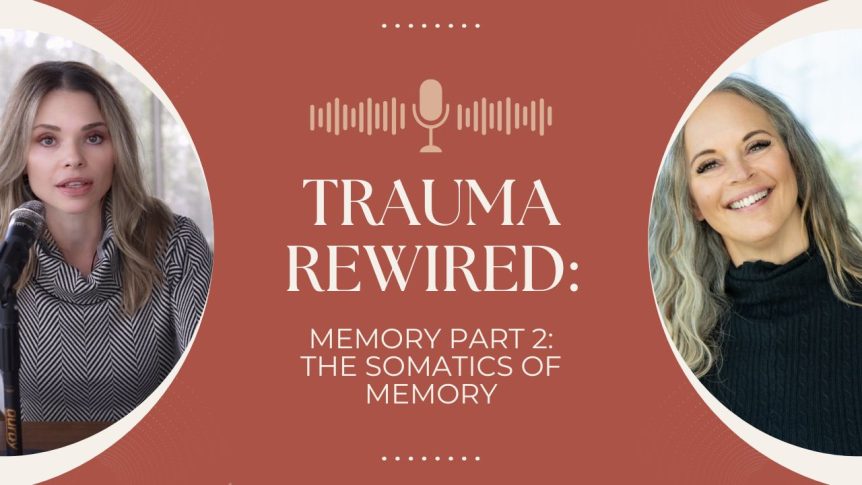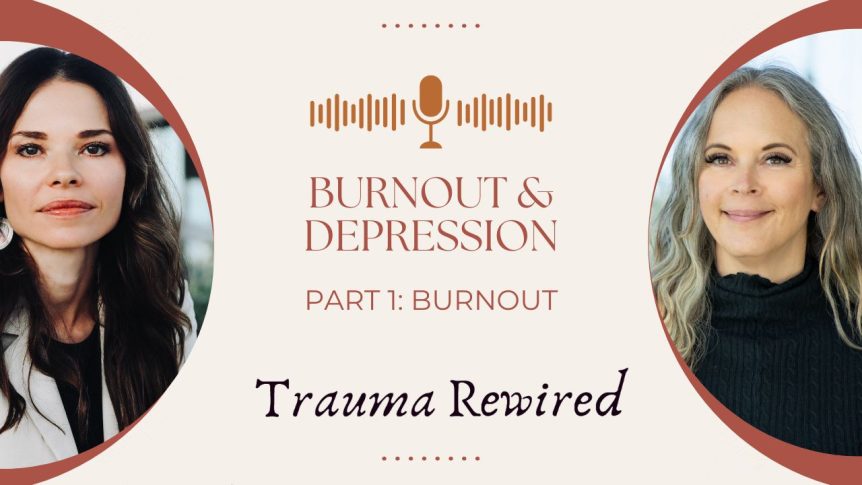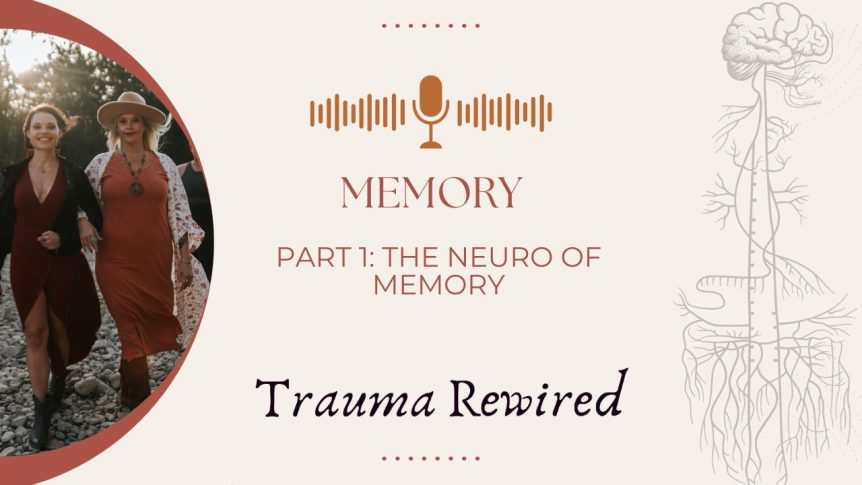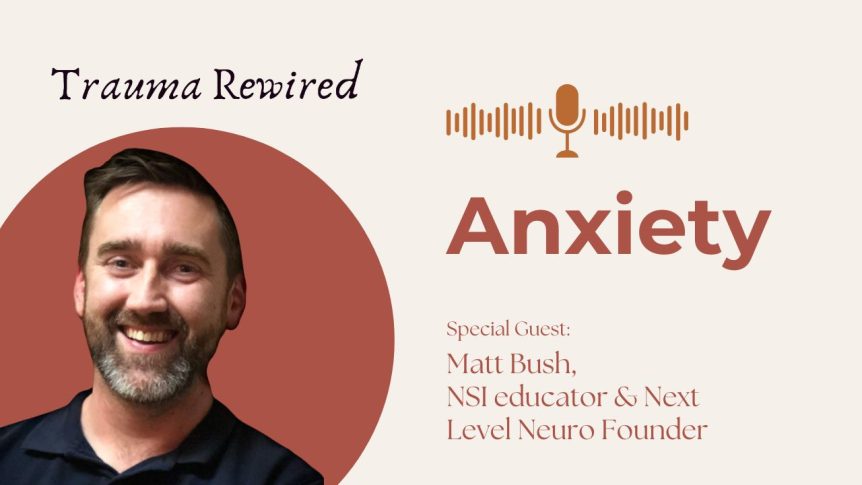What is a neurotypical world? Here at Trauma Rewired, we don’t believe it exists. As humans, we are biodynamic, unique, individuals that process the world around us differently. So understanding how that happens is key to unlocking our healing potential. Complex trauma adds another layer to the mix, which we believe is not separate from neurodivergence. The “extra” neural pathways …
There is a staggering number of adults with ADHD, autism, and neurodivergence, who have yet to be diagnosed. Even in the age of information, many adults don’t realize they are wired differently until their children are diagnosed. This can create all sorts of issues in the nervous system for these folks, by suppressing, repressing, masking their true selves, and feelings …
Our beliefs about ourselves and the world are so deeply ingrained in our being that every sensory input is filtered through the lens of these beliefs. Beliefs like, “I am not enough” or “I am unworthy”, can create maladaptive emotions, behaviors, or thoughts, and can cause a ton of stress on our nervous systems and result in illness or disease, …
In a society that often equates our worth with productivity, focusing on rest and recovery can feel unsafe, potentially leading to increased stress in both our minds and bodies. By challenging the need to be constantly productive and redefining our relationship with rest, we can uncover a common theme: doing more doesn’t always equate to achieving more. Whether that is …
Depression is one of the most researched mood disorders, but if we look a bit deeper into how depression is able to develop, it is more nuanced than we think. This means, treating depression isn’t a one size fits all solution. It is agreed upon that depression is a chemical imbalance and can be treated with SSRIs or SNRIs, etc., …
As humans we rely on visual memory the most, but what if we told you that memories, especially memories that were formed before we had language, live primarily in our bodies. It’s safe to say, the body keeps score, more than we know. It can be extremely dis-regulating to try to retrieve memories that live in the body without proper …
Imagine a flame that isn’t receiving adequate fuel, slowly dying down. This is a great visualization of what happens in the body when we are experiencing burnout. When we push past our capacity and boundaries, while doing things that may not be authentic or aligned with us, we are essentially burning through our reserves faster than we can replenish them. …
Have you ever wondered what it truly means when we say “trauma lives in the tissues” or that “the body keeps the score”? These phrases often circulate in the healing world but can feel abstract and elusive. We are unraveling these concepts in our latest episode of Trauma Rewired. Have you ever felt a deep, inexplicable sense of unease or discomfort, …
In this episode of Trauma Rewired, we are joined by Matt Bush as we unpack anxiety. The conversation starts with an exploration of how neurodivergent conditions such as ADHD and autism impact executive functioning, sensory processing, and create hypersensitivities that lead to emotional overwhelm. We highlight the importance of self-assessment and retraining of sensory systems to better manage these challenges. …
